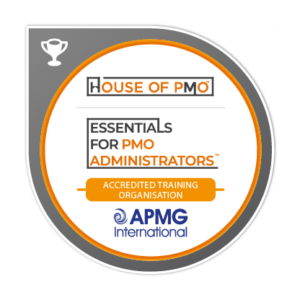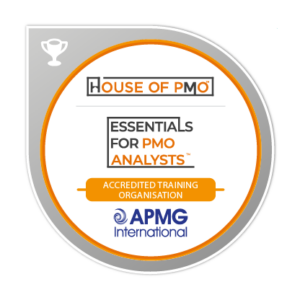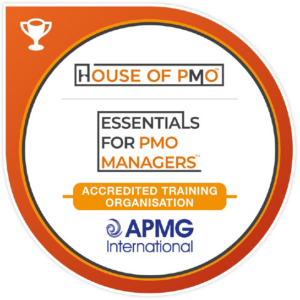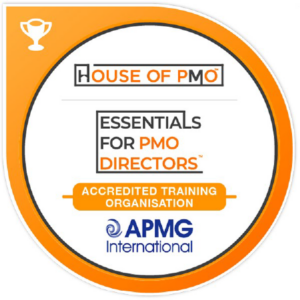
A PMO plays a pivotal role in ensuring that an organisation’s objectives are met efficiently and effectively in projects. A PMO provides a variety of crucial and important elements including standardisation and consistency across project management practices, to ensure that all projects across an organisation have a higher chance of success. A PMO also aids decision making with reporting and data-driven insights to help leaders make informed decisions. There are many other components that show having a PMO is beneficial for the successful execution of projects in organisation’s, however, it’s not always smooth sailing and there are some challenging and ‘scary’ things that can happen in a PMO.
While many PMO’s are successful, we took a look at 10 scary things that can happen in PMO, so you can avoid them in the future.
- Scope creep – When projects expand beyond the control of the original scope without proper documentation and control it can lead to budget overruns and misalignment with the project’s objectives.
- Lack of communication – Poor communication within a PMO or between the PMO and project stakeholders can lead to issues with work, deadlines, conflicts and failing projects.
- Resource constraints – Restraints on resources including people, time and budget can lead to insufficient work, and can impact the project and cause stress with employees.
- Lack of training – Failing to provide continuous training in a PMO can hinder PMO practitioners from excelling in their role and moving into further roles. If you or your team are in need of PMO training, take a look at our certification and specialist courses here.
- Inadequate risk management – Risk management is very important in a PMO and failing to identify potential risks and mitigate them, can lead to uncertain outcomes for the project and threaten success. To improve your risk management knowledge and skills take a look at our eLearning Management of Risk course.
- Inconsistent processes – Lack of consistent processes in a PMO can lead to confusion, varying standards of work and an increased risk of errors.
- Outdated technology – Using outdated technology and project management tools can affect the PMOs ability to manage projects successfully.
- Lack of change management – Having a lack of change management in a PMO can lead to several challenges including resistance to change, miscommunication and project delays. To help you and your organisation manage the impact of change, and learn techniques to effectively plan and implement successful transformation initiatives, check out our Change Management eLearning course.
- Low employee morale – Having unmotivated and low employee morale can lead to poor work and productivity, which can impact project outcomes.
- Project failures – The ultimate nightmare for a PMO is when projects fail to meet their objectives, leading to financial loss, disappointment from project stakeholders and the closing of a PMO.
To mitigate these challenges, PMOs need to implement project management practices, maintain good communication, ensure resource allocation matches your PMOs needs, and manage change and risks effectively. It’s also really important to make sure your employees are up to date with the right knowledge and skills to perform their role effectively.
We offer certification courses for individuals and in-house training for your team to ensure all your members of staff have the same level of knowledge. We also provide specialist courses to focus on filling your skill gaps in key PMO areas such as Benefits Management and Assurance, to help you develop some of the more behavioural skills needed to elevate your performance in your day-to-day role.
Click here to get in touch with our training specialist to find which course is right for you
Enjoying Our Blog?
Sign up and receive all our articles (we’ll send you an update once a week!) plus special offers and events:











